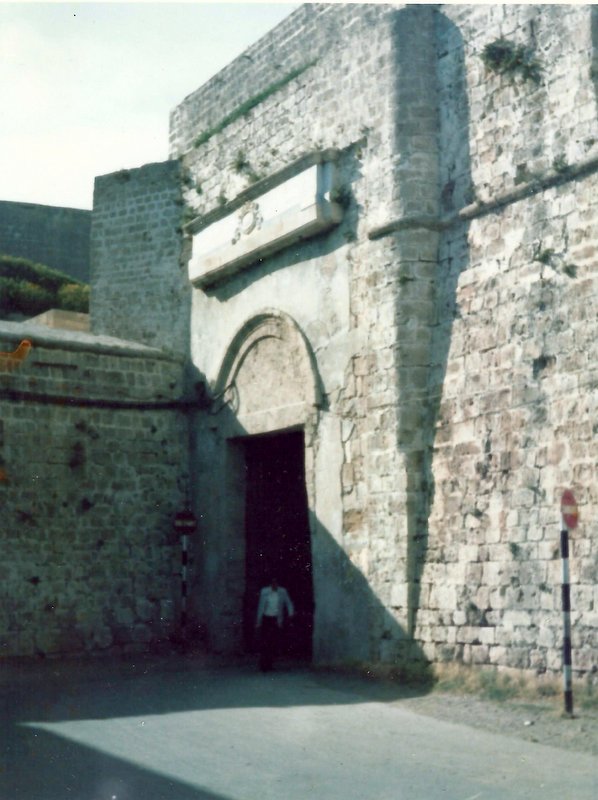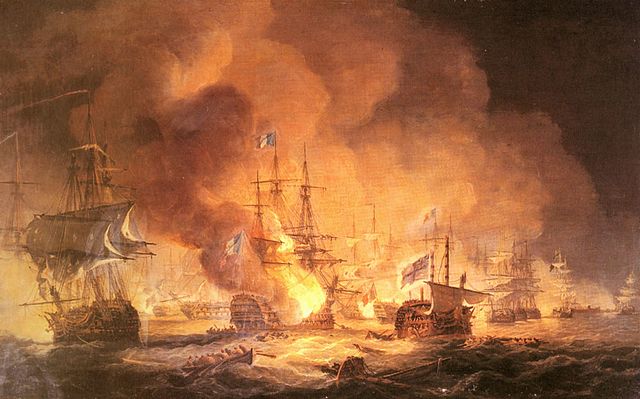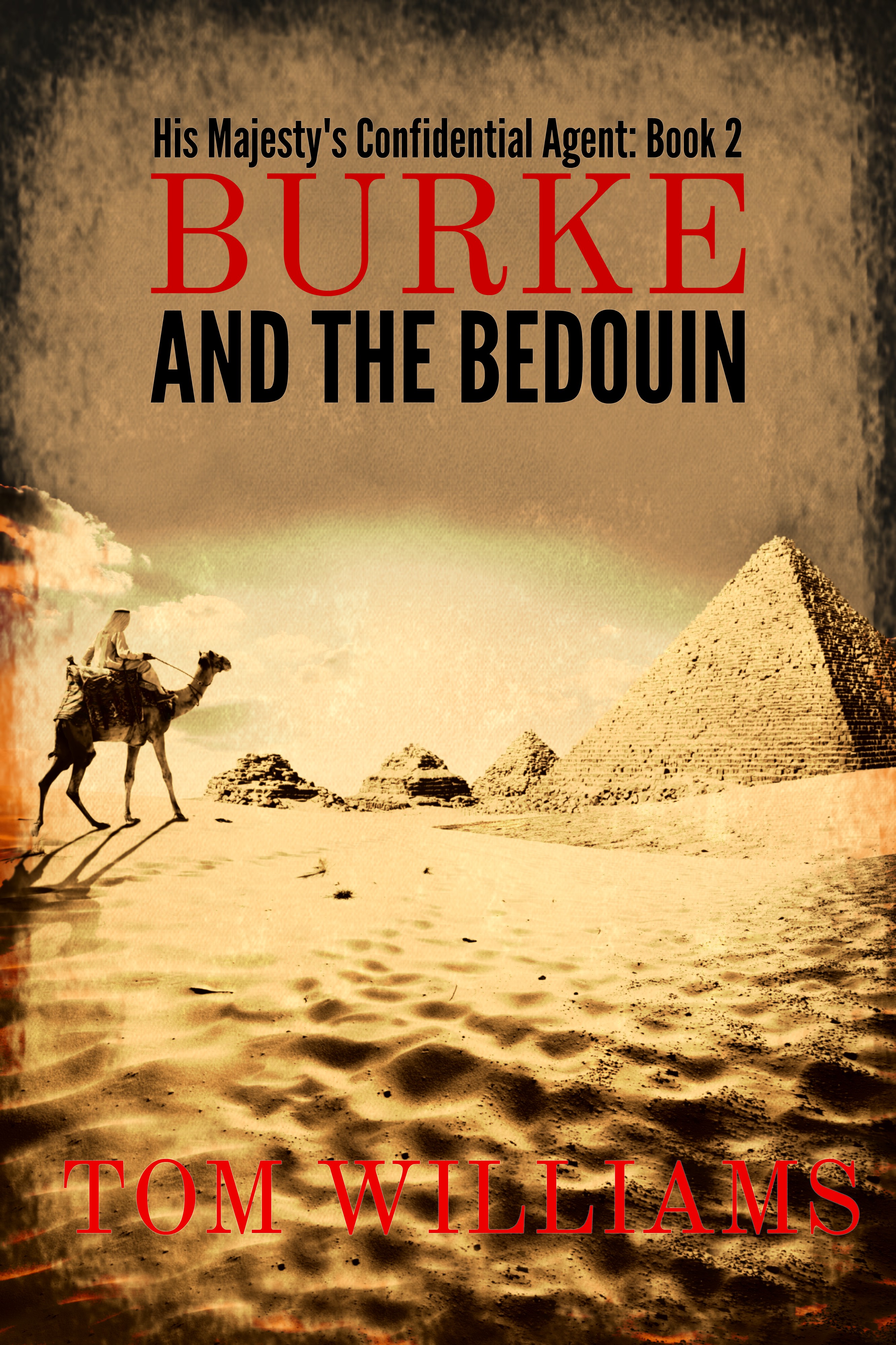When I was still a teenager I went on holiday to the Middle East and found myself at Acre, looking at the crusader walls. Somewhere I read that the walls had defended the city against Napoleon. I never quite understood how Napoleon could have been fighting in Palestine. I thought it was probably a mistake.
 Gate at Acre
Gate at Acre
In fact, Napoleon’s attack on Acre was one of the last battles in his disastrous Egyptian campaign of 1798/9. For some reason this gets overlooked nowadays – perhaps because we think of Napoleon as a successful European general and just overlook this disastrous venture outside Europe.
In 1798 Napoleon was widely seen as the coming man in France and this alarmed the then rulers – the Directory. They wanted Napoleon out of the way, a goodly distance from Paris where it was thought he might rouse the mob to put him in charge. (They were right to worry, because that’s what actually happened only a year later.) There were suggestions that he might go and invade England, but British control of the channel made this unrealistic. Instead, under conditions of extreme secrecy, he put together a huge invasion force which set out across the Mediterranean to attack Egypt.
The French were very successful at keeping their plans a secret, but inevitably there were rumours. However, these were not taken seriously enough for any effective measures to stop the French invasion. But suppose that the British authorities had taken it just seriously enough to send one soldier-spy to Egypt to see if there were any disturbing signs of French activity? And suppose that the real-life James Burke, who we think started intelligence work soon after 1793, was sent to take a look?
That was the basis for Burke and the Bedouin. Burke does not take his mission too seriously. (Why should he? Nobody in London does.) Instead he sets off to go treasure hunting and gets involved with a Spanish slave girl, a prisoner of the Turks who nominally control Egypt. He’s happy enough adventuring in the desert when he discovers that the French are, indeed, about to invade. Before he can do anything to stop them, though, their troops are there and what had been a careless adventure becomes a ruthless campaign of guerrilla warfare.
Napoleon’s attempt to use the conquest of Egypt as a springboard for building a French Empire in the Middle East (or even invading India overland) ended with the Battle of the Nile, which destroyed the French fleet and cut Napoleon off from any possibility of supplies or reinforcement. For some reason the Battle of the Nile is largely forgotten today although it was an astonishing naval victory. Nelson destroyed a much stronger French fleet, an achievement which ranks alongside Trafalgar. At the time, it was seen as a pivotal battle but nowadays it’s probably best remembered, if at all, for the boy who stood on the burning deck – a real-life incident which occurred during the destruction of the French flagship, L’Orient.
The boy stood on the burning deck
Whence all but he had fled;
 The sinking of L’Orient. Painting by Thomas Luny (1759-1837)
The sinking of L’Orient. Painting by Thomas Luny (1759-1837)
One of the mysteries of the Battle of the Nile is why the French fleet had anchored in such a vulnerable position. One suggestion is that they were awaiting orders to sail but they never got them. In one version of the story, the orders were sent but for some reason never received. Could the courier maybe have been intercepted – perhaps by an agent working for the British? Did the mysterious James Burke have a hand in Nelson’s great victory and the foiling of the French plans?
Like all my books about James Burke, Burke and the Bedouin combines fact and fiction in an old-fashioned tale of adventure featuring camels, Bedouin, a beautiful damsel in distress and desperate moonlit races across the desert. Plus two major historical battles – the Battle of the Pyramids and the Battle of the Nile. All for just £1.99 on Kindle or £4.99 in paperback. Needless to say it makes an ideal Christmas gift.

